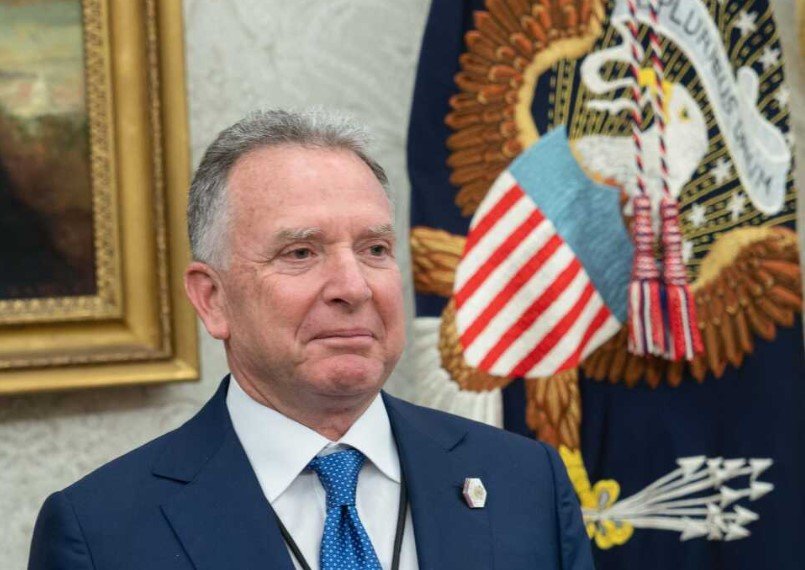Tensions simmer as US Special Envoy Steve Witkoff calls on Hamas to agree to a temporary ceasefire, dismissing reports that the terror group accepted his hostage deal proposal. Israel, Witkoff insists, is ready to approve the ceasefire offer, while confusion and finger-pointing swirl over the true status of negotiations.
Conflicting Messages Over Hostage Deal Shake Diplomatic Efforts
On Monday, international headlines buzzed with reports suggesting Hamas had accepted an updated hostage release proposal from Steve Witkoff, the US Special Envoy to the Middle East. However, Witkoff swiftly crushed these rumors in an exclusive interview with Axios, labeling Hamas’s reaction “disappointing and completely unacceptable.”
The envoy didn’t mince words. “What I have seen from Hamas is disappointing and completely unacceptable,” Witkoff told Axios, indicating no progress had been made. According to him, the deal offered a temporary ceasefire, allowing for the return of half of the hostages — both living and deceased — while paving the way for serious negotiations aimed at a permanent truce.
Witkoff emphasized that Israel was prepared to greenlight this ceasefire immediately. “That deal is on the table. Hamas should take it,” he urged.
This firm stance paints a sharp contrast to earlier reports from unnamed Hamas officials who claimed acceptance of the deal. The back-and-forth leaves observers questioning who, exactly, is steering the narrative on the ground — and what the real intentions are behind these mixed messages.

A Palestinian Source Claims US Envoy Shifted Position
Adding fuel to the fire, a Palestinian official speaking anonymously to The Times of Israel accused Witkoff of backtracking on earlier understandings reached with Hamas. This claim throws into question the reliability of the deal’s current status and the envoy’s consistency.
The official suggested that initial talks had shown promise but that Witkoff’s recent public remarks had undermined the fragile trust built with Hamas. The conflicting signals have complicated efforts to secure a ceasefire, as both sides retreat into hardened positions amid growing skepticism.
This uncertainty underscores how delicate and fraught the hostage negotiations remain — with trust, once lost, proving tough to regain in this high-stakes game.
Israeli Official Points Finger at Mediator Bahbah
Meanwhile, an Israeli official laid blame on a third party — an intermediary named Bahbah — for sowing confusion during the negotiation process. According to the official, Bahbah distorted messages between Witkoff and Hamas, muddying the waters and contributing to misunderstandings on both sides.
The official did not provide specific details about Bahbah’s motivations but suggested that the intermediary’s actions hampered progress and made it harder to reach consensus.
It’s a reminder that in conflicts as tense as this, communication channels are often tangled webs, vulnerable to misinterpretation or worse.
The Stakes: Hostages, Ceasefire, and a Fragile Hope
The situation couldn’t be more tense. Hostage releases have become a critical barometer of goodwill, while ceasefire talks offer a glimmer of hope in a conflict that has left countless families shattered.
-
The proposed deal includes:
-
A temporary ceasefire.
-
Return of roughly half the hostages.
-
Framework for permanent ceasefire talks.
-
This isn’t just about negotiations; it’s about lives. Families anxiously await news, while political leaders juggle diplomacy, public pressure, and battlefield realities.
What’s Next? A Waiting Game with High Stakes
At this point, the ball rests squarely with Hamas. Witkoff’s message is clear: take the deal or risk continued conflict and missed chances.
However, the Palestinian official’s accusation and the Israeli official’s finger-pointing reveal just how fragile the situation is. With conflicting voices, even well-meaning proposals can fall apart.
The international community watches closely. Will Hamas accept the ceasefire and begin returning hostages? Or will mistrust and mixed signals lead to further escalation?
Only time will tell.
